Ofcom – Few UK Children Know How to Disable ISP Internet Filters
The UK telecoms regulator has today published its 3rd survey into the use and effectiveness of Internet safety measures, such as the network-level filtering (Parental Control) tools that were last year introduced by all of the largest broadband ISPs to help block “adult content” from young eyes.
It is crucial to note that the roll-out of the new ISP-based Network-Level Filtering (censorship) measures by the four major fixed line broadband ISPs was still at a relatively early stage for BT, Sky Broadband and Virgin Media when the field research for Ofcom’s latest report was conducted, in April and June 2014.
As such it’s no surprise to find that the figures for take-up of the filtering service by new customers to whom it was offered were 36% for TalkTalk (HomeSafe has been running for several years), 8% for Sky Broadband (Sky Shield), 5% for BT and 4% for Virgin Media (Web Safe). In other words, we’ll have to wait for next year’s report in order to get a proper handle on things and to see what impact the measures have had after they most recently were also offered to existing customers.
Never the less Ofcom’s latest study, which used responses from a few thousand children and parents, does reveal some interesting information. For example, around two in five parents of children aged 5-15 with broadband at home, who do not use any particular technical tools to manage their child’s access and use, say that this is because they “talk to their child and use other types of mediation“; a similar proportion say it is because they “trust their child“. The actual uptake of such tools among parents surveyed is as follows.
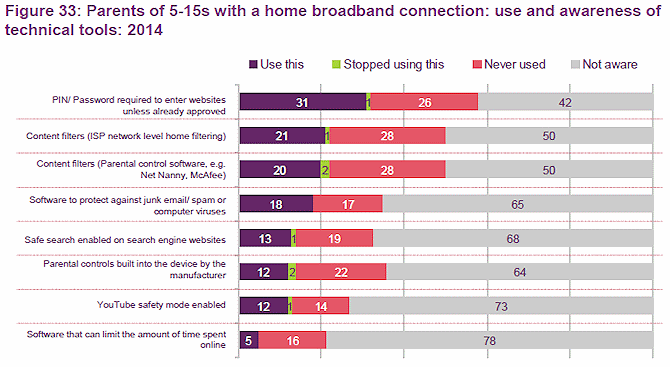
Interestingly 48% of children say their parents use parental filtering software (compared with only 26% across Europe – no real change since 2010) and nearly half of UK children think their parents know a lot about what they do online – especially among the younger children. By comparison a quarter of parents think their child is able to bypass the technical controls they use.
As readers of ISPreview.co.uk will know, bypassing such filtering systems can often be as easy as simply visiting a different website address (e.g. web-based proxy) or web-browser software. But interestingly the number of children who actually knew how to get around such systems appears to have fallen. Note: children asked such questions may not always feel they can answer honestly, for obvious reasons.
Overall 33% of 12-15s said they knew how to delete their browsing history (42% in 2013) and 12% claimed to have done this in the past year (19% in 2013). Meanwhile 22% knew how to amend settings to use a web browser in privacy mode (29% in 2013) and 6% claimed to have done this (12% in 2013). Finally just 11% said they knew how to disable online filters or controls (18% in 2013), and just 3% had done this in the past year (6% in 2013).
Parents who use each of the tools were also asked whether they felt such systems blocked too much, too little or the right amount of Internet content. Around three in four parents who use each tool said it blocked the right amount of content, while around one in five parents of 5-15s who use each tool said they blocked too much or too little content.
Elsewhere one in six parents of 5-15s who use software to protect against junk email/spam or computer viruses said it blocked too little content (17%), while one in 20 who use parental controls built into the device by the manufacturer said this tool blocked too little (5%).
Ultimately measures like this are here to stay and at least we can be thankful that such filters haven’t quite gone down the “enabled by default” route, although the decision to pre-tick the “enforced” option box, which asks customers whether or not they wish to switch on the filtering, with a “Yes” selection is about as close as you can get. Arguably a far bigger issue may be the wide range of categories that ISPs offer, which cover everything from porn to even online shopping, beauty sites and social networks (Facebook etc.).
Ofcom’s 3rd Report on Internet Safety Measures
http://stakeholders.ofcom.org.uk/binaries/internet/third_internet_safety_report.pdf
Mark is a professional technology writer, IT consultant and computer engineer from Dorset (England), he also founded ISPreview in 1999 and enjoys analysing the latest telecoms and broadband developments. Find me on X (Twitter), Mastodon, Facebook and Linkedin.
« Seethelight Tweaks UK FTTH Broadband Speeds and Prices for 2015
Latest UK ISP News
- FTTP (5511)
- BT (3514)
- Politics (2535)
- Openreach (2296)
- Business (2260)
- Building Digital UK (2243)
- FTTC (2042)
- Mobile Broadband (1972)
- Statistics (1788)
- 4G (1663)
- Virgin Media (1619)
- Ofcom Regulation (1460)
- Fibre Optic (1393)
- Wireless Internet (1389)
- FTTH (1381)

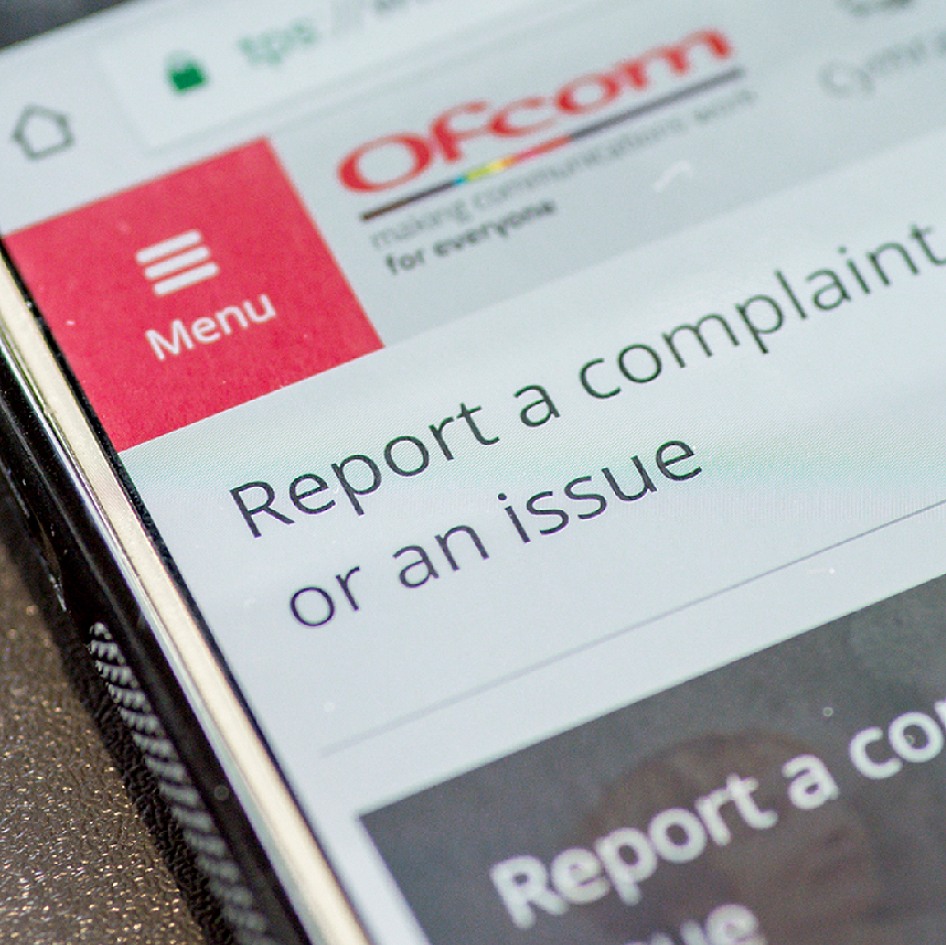

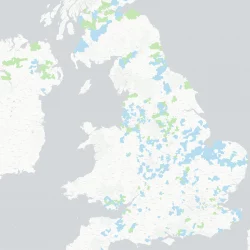














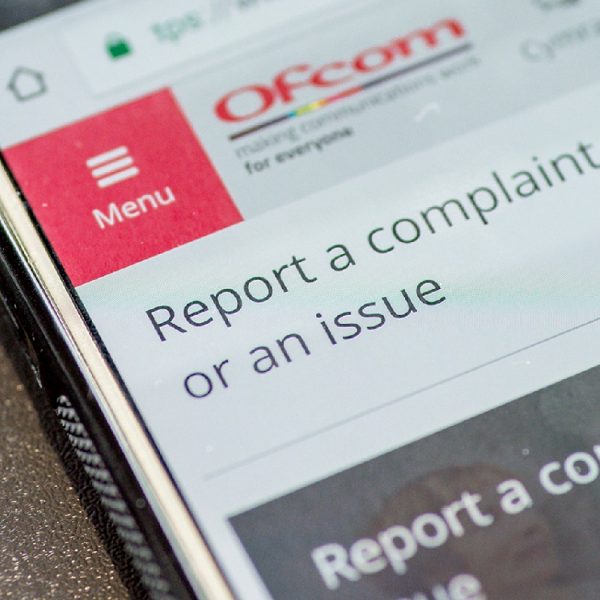

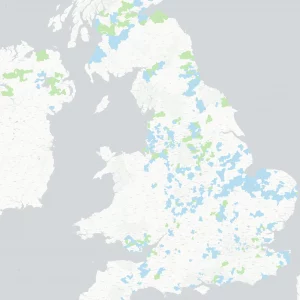



































Comments are closed